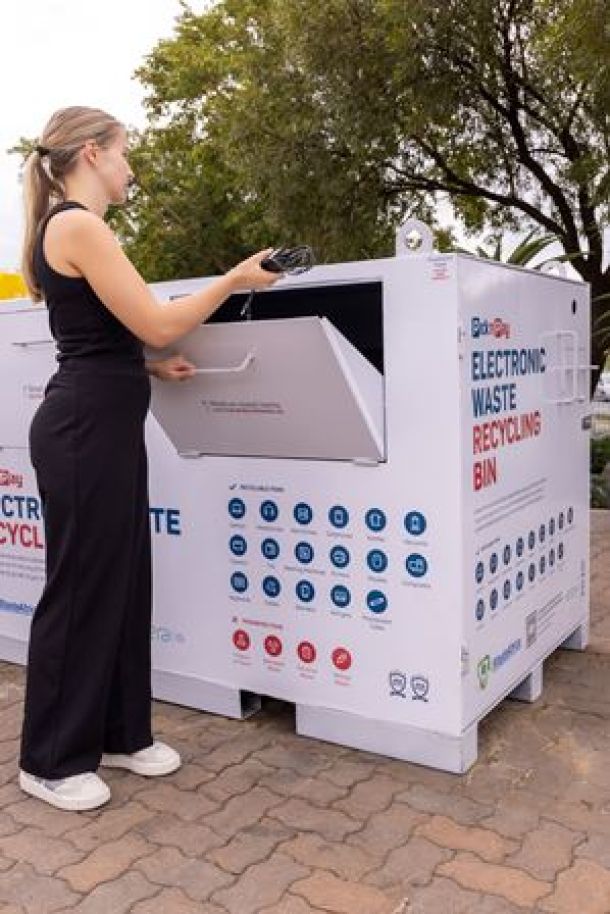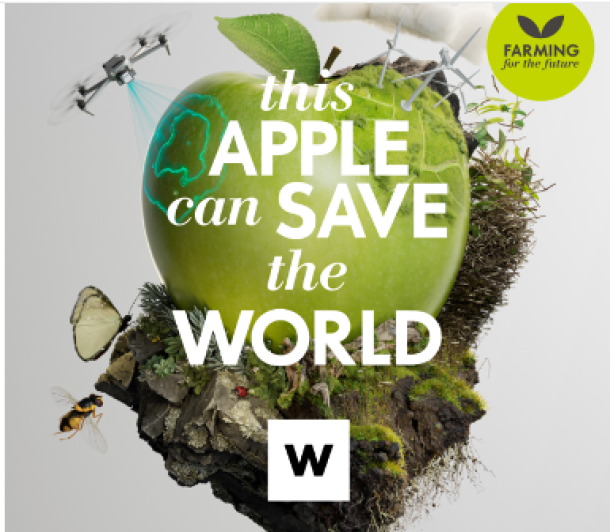Food production cut by warm-weather farming
Rising global temperatures may have a far bigger impact on food production than previously thought, according to a study of how farmers have been responding to a warmer climate over the past decade.
As well as its effects on harvests, scientists found warmer weather changes the behaviour of farmers, who plant fewer crops than they would under normal conditions. This can be more important in lowering overall crop yields than the more-direct influence of warmer or drier weather on growing conditions, the researchers discovered.
Satellite images of how soybean and maize crops were planted and harvested in the Mato Grosso state of Brazil between 2002 and 2008, for instance, found that a temperature rise of just 1 degree C will lead to an overall reduction in production of 9-13 percent.
“This is worrisome given that the temperature in the study region is predicted to rise by as much as 2 degrees C by mid-century under the range of plausible greenhouse-gas emissions scenarios,” said Avery Cohn, professor of environment and resource policy at Tufts University in Massachusetts, a senior author of the study.
Mato Grosso is considered an important emerging “bread basket” for the world and was chosen because it represents the kind of humid, tropical agricultural region that could be particularly vulnerable to climate change. It already supplies some 10 per cent of global soybean production.
The satellite study, funded by US National Aeronautics and Space Administration (Nasa) and published in Nature Climate Change, investigated how much land Brazilian farmers chose to sow and how many crops they planted in each growing season, to see how this behaviour was influenced by ambient growing temperatures over the eight-year period.
“If you look at yields alone, you're not looking at all of the information because there are economic and social changes going on as well. You're not taking into account farmers' reactions to climate shocks,” said Professor Leah VanWey, professor of sociology at Brown University in Providence, Rhode Island.
“Had we looked at yield alone, as most studies do, we would have missed the production losses associated with these other variables.”
For instance, farmers may choose not to put as much land into production after a bad season. Or they may choose to avoid “double cropping”, a practice common in the tropics were two crops are sown each growing season to maximise annual production.
Using Nasa's MODIS satellite, which monitors the type of land cover from space, the scientists could see whether one crop or two were grown in any given season by counting the areas that turned green and then brown, then green and brown again - indicating a double harvest.
“The changes in cropping that we quantified with remotely sensed data were stunning. We can use those satellite data to better understand what's happening from a climate, economic, and sociological standpoint,” said Jack Mustard, professor of earth and planetary sciences at Brown University.
The scientists estimated in this region a 1 degree C increase in temperature would result in changes to farming practice, such as less land used in production and fewer double crops. That would account for 70 percent of the drop in food production, with the remaining 30 per cent due to a decline in crop yield.
The researchers said this is why previous studies into the effect of climate change on crop yield may have underestimated the actual impact on food production, especially in emerging countries such as Brazil that do not have agricultural subsidies.
“This is an agricultural frontier in the tropics in a middle-income country,” Professor VanWey said. “This is where the vast majority of agricultural development is going to happen in the next 30-50 years. So understanding how people respond in this kind of environment is going to be really important.”
THE INDEPENDENT
News Category
- International retailers
- On the move
- Awards and achievements
- Legislation
- Wine and liquor
- Africa
- Going green
- Supplier news
- Research tools
- Retailer trading results
- Supply chain
- Innovation and technology
- Economic factors
- Crime and security
- Store Openings
- Marketing and Promotions
- Social Responsibility
- Brand Press Office
Related Articles

Pick n pay upcycles air-conditioning systems, s...

Shoprite Group opens pathways to job opportunit...

Pick n Pay empowers shoppers in the fight again...

Massmart implements early leak detection techno...


